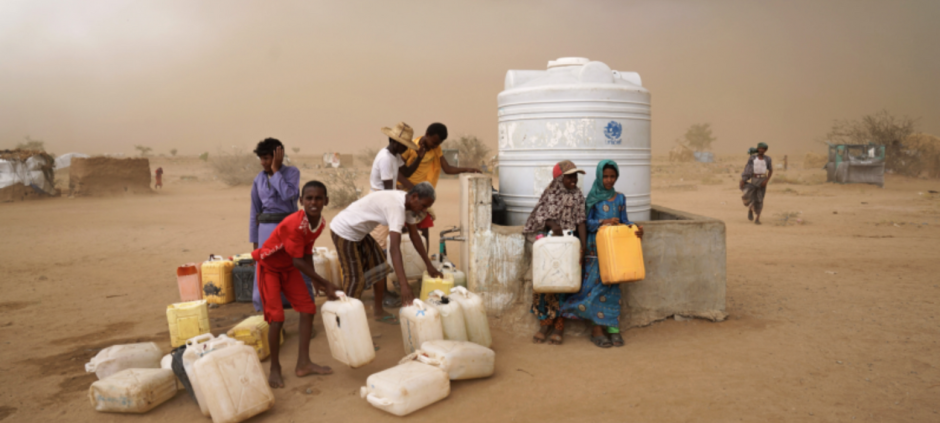Finance Minister Muhammad Aurangzeb has issued a strong warning about the serious risks that climate change and rapid population growth pose to Pakistan’s development and economic goals. Speaking at an event marking World Population Day in Islamabad, he stressed that these twin challenges require urgent and focused action.
Aurangzeb explained that climate change is no longer a distant threat but is already impacting the lives of millions in Pakistan. Rising temperatures, water shortages, and damage to crops are affecting food security and public health. These environmental issues worsen the hardships faced by vulnerable communities across the country.
In addition to climate concerns, the minister highlighted how Pakistan’s fast-growing population is putting enormous pressure on public services. Overcrowded schools, hospitals, and poor sanitation facilities are just some of the problems caused by unchecked population growth. This situation leads to malnutrition, stunted growth in children, and a lack of access to clean drinking water.
Aurangzeb called for increased public awareness on the importance of birth spacing and empowering women through education. He noted that these measures are consistent with cultural and religious teachings, emphasizing that family planning is a critical step toward sustainable development.
The finance minister also spoke about the government’s budget priorities and cooperation with international partners. He revealed that Pakistan has finalized a 10-year Country Partnership Framework with the World Bank. One-third of this funding will focus on projects related to climate change mitigation and population control.
Finally, Aurangzeb urged the federal and provincial governments to move beyond regional divisions. He emphasized the need for a united national strategy to tackle both climate and population challenges for Pakistan’s future growth and prosperity.
Pakistan’s Climate Crossroads: Urgent Action Needed as Crisis Deepens — Pakistan is at a tipping point as accelerating climate impacts and population pressures threaten development and food security, demanding immediate, unified national action.











